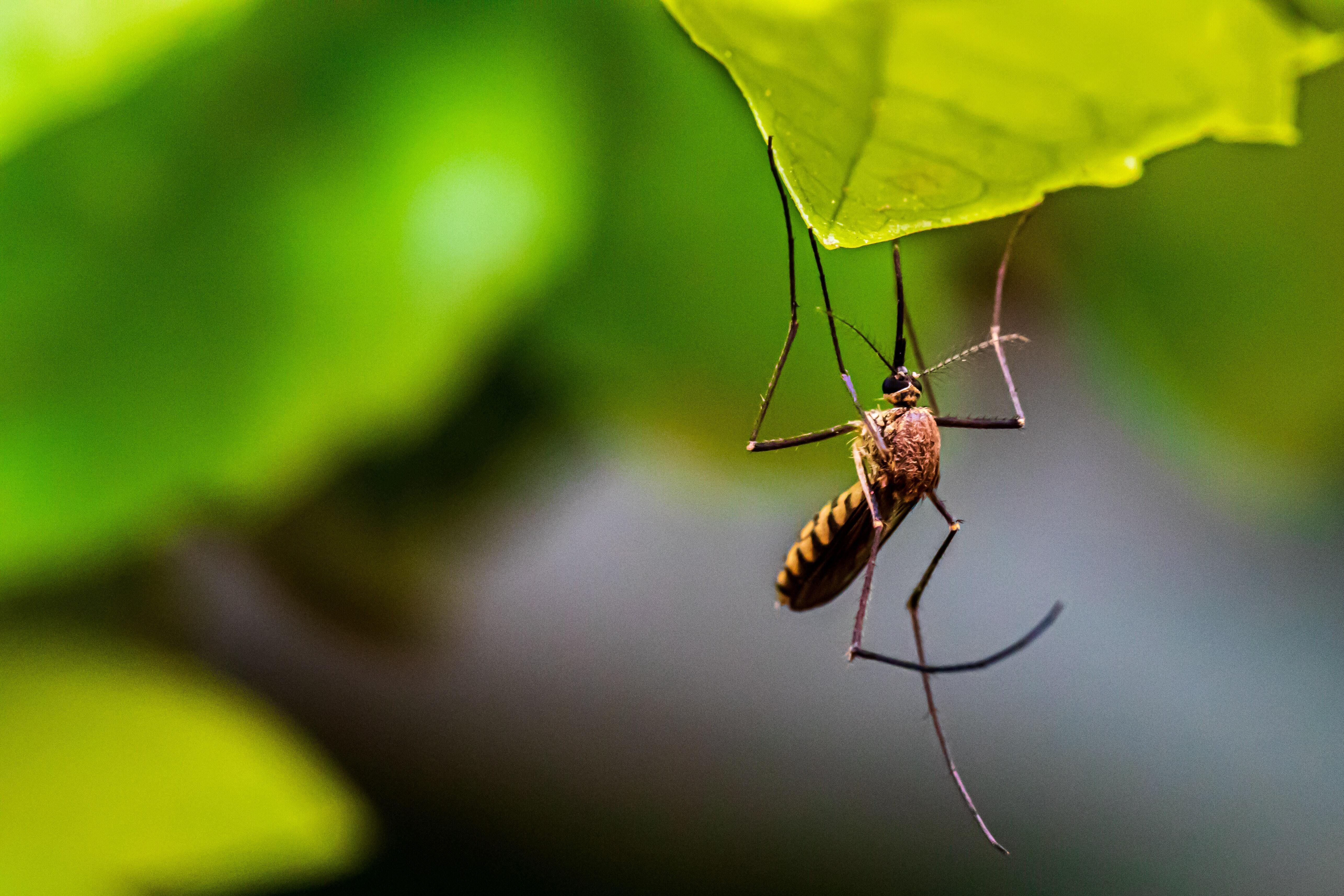The Health Department conducts West Nile Virus activities annually from June through October. Dead bird collection, mosquito trapping, and mosquito larvae sampling are conducted during that time. Free mosquito repellent and educational materials are available throughout the year.
What is West Nile Virus (WNV)?
West Nile virus (WNV) is the leading cause of mosquito-borne disease in the continental United States. It is most commonly spread to people by the bite of an infected mosquito. Cases of WNV occur during mosquito season, which starts in the summer and continues through fall. There are no vaccines to prevent or medications to treat WNV in people. Fortunately, most people infected with WNV do not feel sick. About 1 in 5 people who are infected develop a fever and other symptoms. About 1 out of 150 infected people develop a serious, sometimes fatal, illness. You can reduce your risk of WNV by using insect repellent and wearing long-sleeved shirts and long pants to prevent mosquito bites
How does WNV spread to humans?
West Nile virus is most commonly spread to people by the bite of an infected mosquito.
Mosquitoes become infected when they feed on infected birds. Infected mosquitoes then spread West Nile virus to people and other animals by biting them.
What are the signs and symptoms of the West Nile Virus?
- Common symptoms: Fever, nausea headache, swollen lymph glands, skin rash, and muscle aches
- Severe symptoms: High fever, stiff neck, confusion, occasional convulsions, coma, tremors, stupor, paralysis and muscle weakness
- No symptoms in most people
- Febrile illness (fever) in some people
- Serious symptoms in a few people
For more information visit the Nebraska Department of Health and Human Services
Content source: Centers for Disease Control and Prevention, National Center for Emerging and Zoonotic Infectious Diseases (NCEZID), Division of Vector-Borne Diseases (DVBD)

